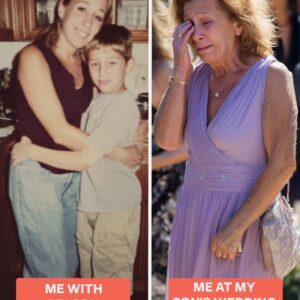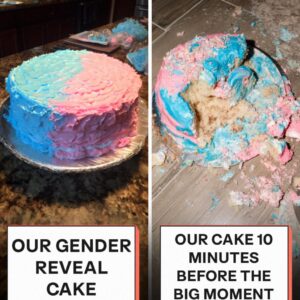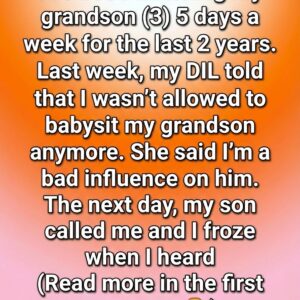Caleb, 32, grew up with deep scars from his estranged mother, who abandoned him as a child and resurfaced only to criticize and belittle him. Raised by his loving grandmother, he managed to build a happy life with his wife Hannah and their two children. But when his mother suddenly showed up years later, frail and homeless, Hannah convinced him to give her a chance. Against his instincts, Caleb let her move in, hoping for reconciliation.
At first, things seemed hopeful — she cooked, read to the kids, and acted like a grandmother. But soon, her old ways returned. She belittled Hannah, criticized their parenting, and even poisoned the children with cruel comments about Caleb. The final straw came when Caleb discovered she had staged chaos at their home and called child services, threatening to destroy everything he had built. He kicked her out, setting firm boundaries to protect his family.
Weeks later, Caleb learned his mother had collapsed and was hospitalized. At her bedside, he found a letter confessing the truth: she hadn’t left because she didn’t love him, but because she was escaping his abusive father. Unable to take him with her, she left him with his grandmother and buried her guilt under bitterness and anger. She admitted she never stopped hating herself for what she’d done and that Caleb had always been “enough,” even if she wasn’t.
His mother died soon after. At her funeral, Caleb didn’t cry for her but for the boy who once begged for her love. Back home, when his daughter asked why he was sad, Caleb told her, “Sometimes people are too broken to love the right way. But that doesn’t mean we’re unlovable.” For the first time in his life, he felt free from her shadow, ready to move forward with the family he built on love, not pain.





